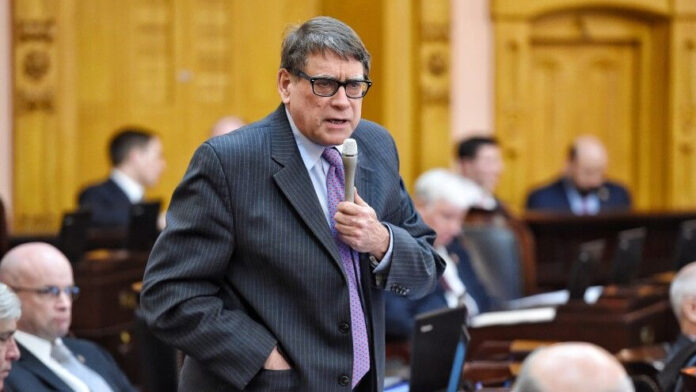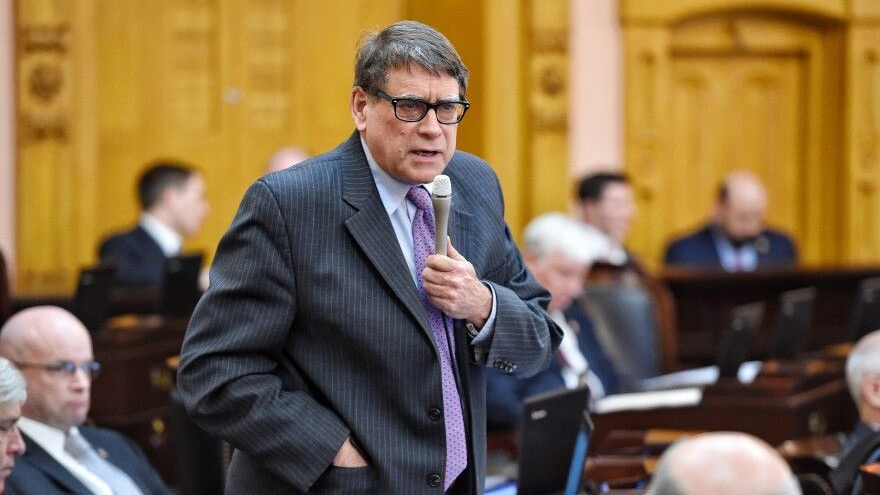Ohio’s sports betting industry, which launched earlier this year, could undergo potential changes to its tax program that might impact funding for youth sports. The state’s next budget may determine the restriction, reduction, or elimination of funds for youth sports. Provisions are being discussed in a House-Senate conference committee, set to finalize its spending plan by June 30.
In addition to potential changes for the youth sports proceeds program, budget modifications also include a proposed increase in Ohio’s tax rate on sports wagers to 20% and language allowing the three largest counties to have up to seven retail sportsbooks instead of five.
In its initial four months, Ohio’s sports betting industry generated approximately $6.4 million in tax proceeds. The projected tax revenue for the 12 months starting July 1 could reach $135 million if Governor Mike DeWine’s proposed tax hike remains in the final version of the budget.
Under current Ohio law, 98% of sports betting tax proceeds are evenly split between education and K-12 athletics/extracurricular activities. However, this year’s budget introduces provisions that would modify this arrangement.
Governor DeWine’s budget stipulates that funds designated for sports should first be used to “reduce or eliminate pay-to-play fees for interscholastic athletics and extracurricular activities.”
The House budget, on the other hand, proposes a $15 million cap on sports spending per year, with a minimum of $500,000 allocated for adaptive sports programs in school districts statewide.
For its part, the Senate budget takes a different approach by eliminating funding for youth sports and directing 98% of sports betting tax proceeds to be distributed according to Ohio’s education funding formula.
Rep. Bill Seitz
Rep. Bill Seitz expressed his disagreement with the Senate’s decision. In an email to WCPO 9 News, he stated: “We intend to fight the Senate on this issue. To my dismay, the Senate has chosen to eviscerate the original sports gaming bill in this regard by appropriating not a farthing for sports and extra-curricular activities, but rather, putting it all in school funding.”
He explained that the House’s decision to cap sports spending at $15 million was based on their original revenue expectations of around $25 million per year, which turned out to be significantly underestimated.
Seitz highlighted that the sports funding provisions are just one of many differences between the House and Senate versions of the bill. The final budget bill remains uncertain at this point.
The lack of clarity surrounding Ohio’s plan for sports betting taxes has been a longstanding issue. The recent consideration to end sports funding before any appropriations were made did not come as a surprise to some.
Original article: https://www.yogonet.com/international/news/2023/06/22/67636-ohio-sports-betting-faces-potential-changes-impacting-tax-rate-youth-sports-funding















